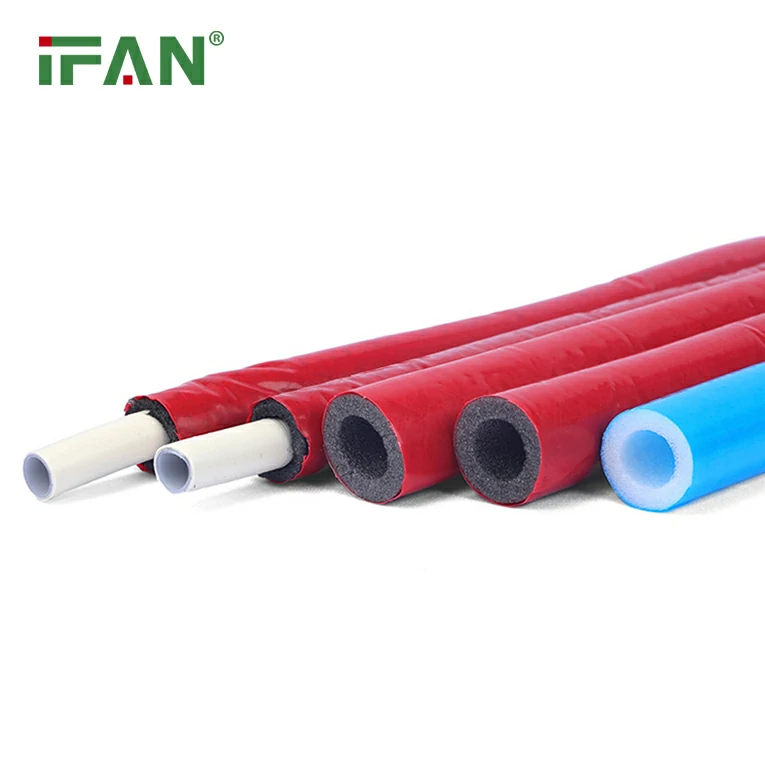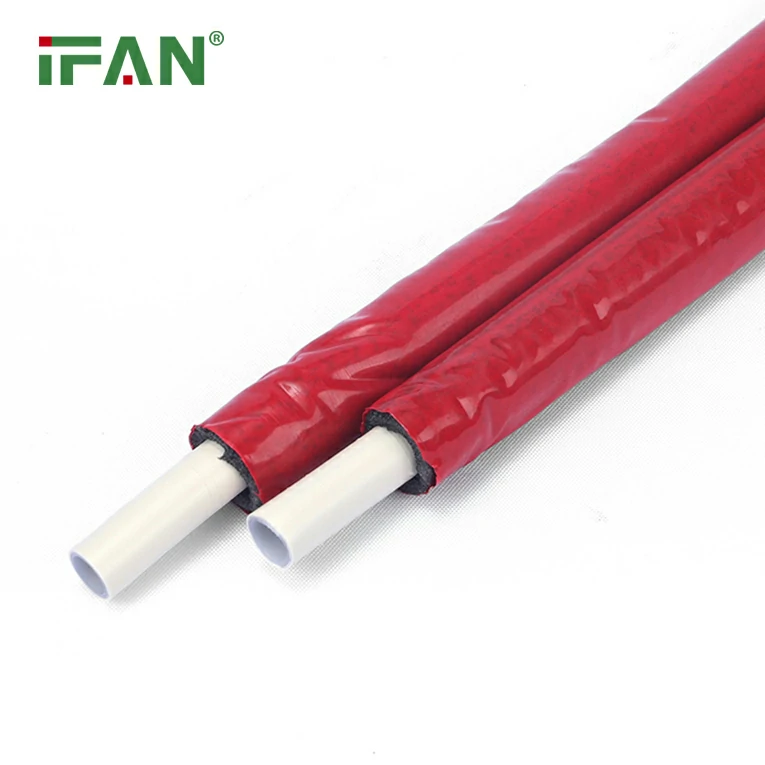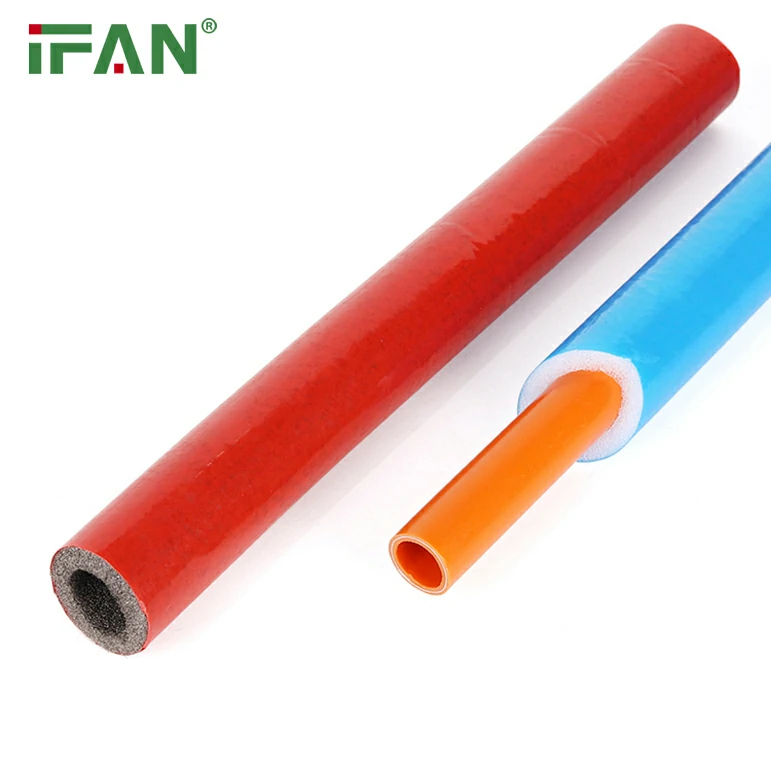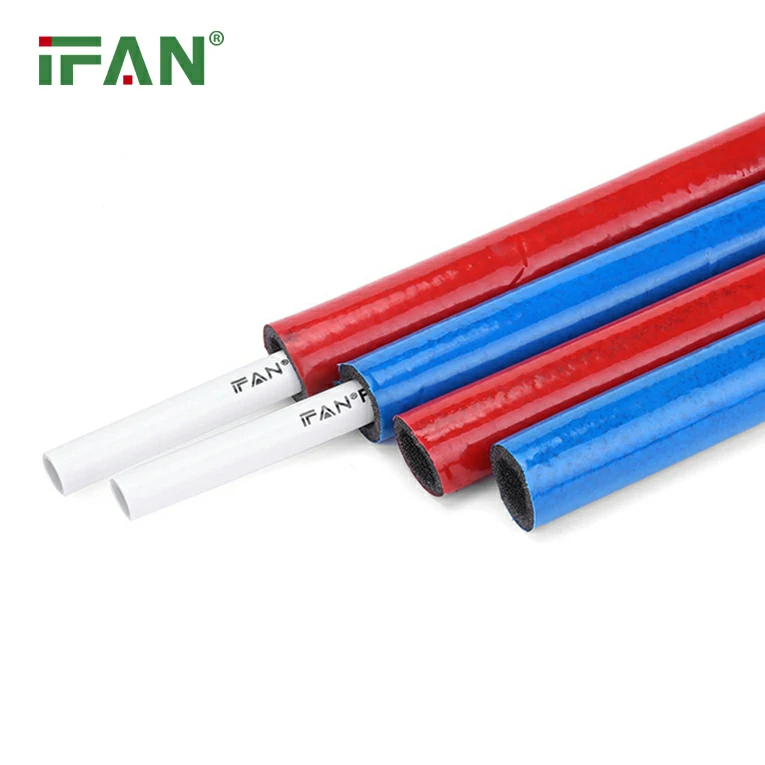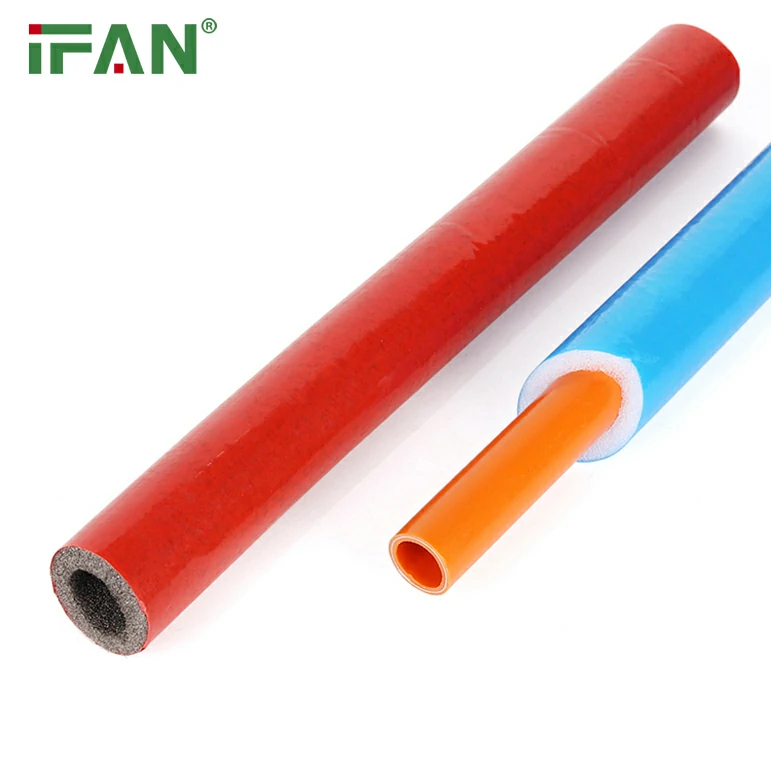The hospitality industry is continuously evolving, with an increasing demand for efficient, cost-effective, and environmentally-friendly solutions. Plumbing systems play a critical role in the functionality and overall guest experience of hotels, resorts, and other hospitality establishments. Polyethylene (PEX) piping systems have become a popular choice for plumbing installations due to their affordability, flexibility, and ease of installation. This article will explore how hospitality businesses can maximize the benefits of PEX piping systems, enhancing operational efficiency, reducing costs, and improving guest satisfaction.
A free webinar on the topic of “Maximizing PEX Piping Systems in Hospitality Applications” offers a deep dive into the advantages and potential challenges of PEX systems in hospitality settings. Whether you’re a hotel owner, facility manager, or plumber specializing in commercial projects, understanding how PEX can optimize your plumbing infrastructure is essential. This article will provide a comprehensive overview of PEX piping systems, their benefits, and best practices for integrating them into hospitality applications.
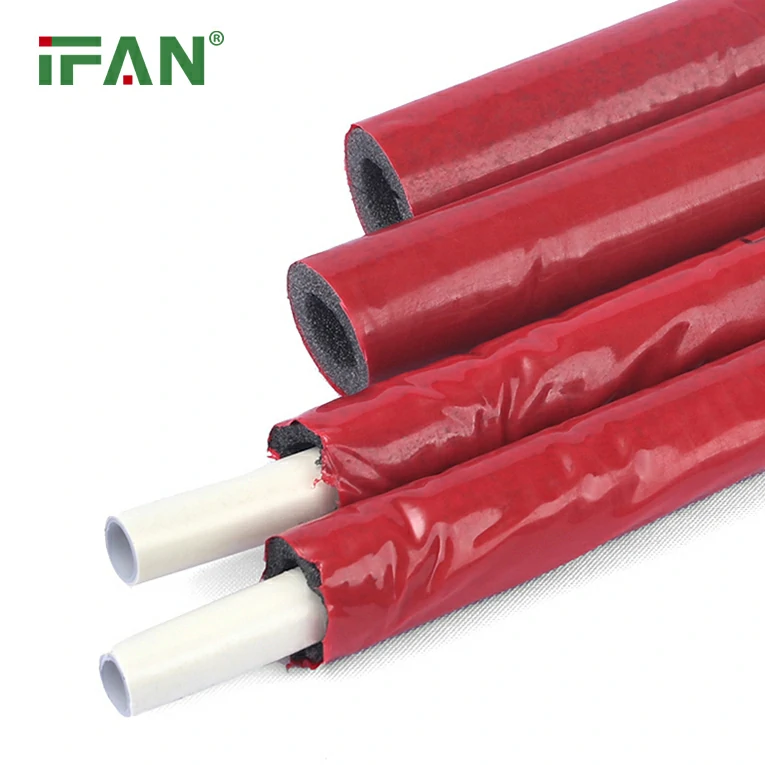
What is PEX Piping?
PEX stands for cross-linked polyethylene, a flexible and durable plastic material used extensively in plumbing systems. PEX pipes are manufactured by chemically bonding the polymer chains in polyethylene, creating a stronger, more flexible material that resists cracking, corrosion, and scaling. This unique structure makes PEX ideal for a wide range of applications, including water supply lines, heating systems, and even fire sprinkler systems.
PEX piping is available in several forms, including PEX-A, PEX-B, and PEX-C, each offering different levels of flexibility and durability. PEX-A is considered the most flexible and resistant to freezing, while PEX-B offers a balance of performance and cost-effectiveness. PEX-C is more rigid but can still provide excellent resistance to corrosion and scaling. Each type of PEX has its own advantages depending on the specific needs of a plumbing system.
Benefits of PEX Piping Systems in Hospitality Applications
1. Cost Efficiency
One of the main reasons why PEX piping has gained popularity in the hospitality industry is its cost efficiency. Compared to traditional materials like copper and steel, PEX piping is more affordable, which makes it an attractive option for large-scale plumbing installations. The lower cost of PEX material, combined with reduced labor costs due to its ease of installation, can result in significant savings for hotels and other hospitality facilities.
PEX pipes are lightweight and easy to handle, which makes installation faster and more cost-effective. In a large hospitality project, this reduction in labor costs can lead to substantial financial savings, making PEX a more affordable option for both new construction and renovation projects.
2. Flexibility and Ease of Installation
PEX pipes are known for their flexibility, which allows them to be installed more easily than rigid materials like copper or PVC. PEX can be bent around corners and obstacles, eliminating the need for additional fittings and reducing the chances of leaks. This flexibility is especially beneficial in large and complex plumbing systems, such as those found in hotels, resorts, and multi-story buildings.
The ability to bend PEX pipes reduces the need for additional joints and fittings, which can be points of weakness in a plumbing system. Additionally, fewer connections mean fewer opportunities for leaks, ensuring a more reliable plumbing system. This flexibility also simplifies repairs and modifications to the system, making future upgrades or changes easier and less costly.
3. Resistance to Corrosion and Scaling
Traditional plumbing materials like copper and steel are susceptible to corrosion over time, especially in areas with hard water. The buildup of mineral deposits, or scaling, can lead to blockages and reduced water flow. PEX pipes, however, are resistant to both corrosion and scaling, which makes them an ideal choice for plumbing systems in areas with hard water.
In hospitality applications, where large volumes of water are used daily, preventing scaling and corrosion is critical to maintaining water flow and avoiding costly repairs. PEX piping systems help reduce the likelihood of plumbing issues related to corrosion and scaling, ensuring long-term reliability and reduced maintenance costs.
4. Resistance to Freezing
PEX pipes are highly resistant to freezing, which is particularly important in regions with cold winters. Unlike rigid materials, which are prone to cracking when exposed to freezing temperatures, PEX can expand to accommodate freezing water without breaking. This characteristic is especially beneficial for hospitality businesses located in areas where freezing temperatures are common.
In a hotel or resort, maintaining a functional plumbing system in all seasons is crucial to providing uninterrupted services to guests. PEX piping systems offer peace of mind by reducing the risk of pipe bursts and water damage caused by frozen pipes.
5. Energy Efficiency in Radiant Heating Systems
PEX piping systems are often used in radiant floor heating applications, which can provide energy-efficient heating solutions in hospitality settings. Radiant heating systems use warm water circulating through PEX pipes installed beneath floors to provide heat. This method of heating is highly efficient, as it evenly distributes warmth throughout the room and reduces energy waste.
In hotels and resorts, radiant floor heating offers a comfortable and energy-efficient way to heat guest rooms, bathrooms, and common areas. By using PEX piping for radiant heating, hospitality businesses can lower their energy consumption while providing a higher level of comfort for guests.
Best Practices for Integrating PEX Piping Systems in Hospitality Applications
1. Plan the System Design Carefully
While PEX piping systems are easy to install, it’s essential to plan the system design carefully to maximize their benefits. In hospitality applications, where plumbing systems can be large and complex, proper planning ensures that the system will meet the needs of the facility and operate efficiently.
Consulting with a professional plumber or engineer who has experience working with PEX in commercial settings is crucial. They can help design a system that minimizes water waste, ensures optimal water pressure, and accommodates future expansion or upgrades.
2. Use Quality PEX Materials and Fittings
To ensure the longevity and reliability of a PEX system, it’s important to use high-quality PEX materials and fittings. Not all PEX products are created equal, so selecting products from reputable manufacturers is essential. Additionally, using compatible fittings and connectors can help prevent leaks and other issues in the system.
3. Ensure Proper Insulation
While PEX pipes are resistant to freezing, they can still be vulnerable to temperature fluctuations, especially if they are exposed to extreme cold. In hospitality applications, it is important to properly insulate PEX pipes in areas that are prone to freezing or temperature extremes, such as basements, crawl spaces, or outdoor installations.
Proper insulation helps to maintain water temperature and prevent the pipes from freezing during colder months. It also improves the overall energy efficiency of the plumbing system.
4. Regular Maintenance and Inspections
Although PEX piping systems are durable and low-maintenance, regular inspections and maintenance are still important to ensure the system operates at its best. This includes checking for leaks, ensuring proper water pressure, and confirming that the system is free of any obstructions or blockages.
For hospitality businesses, regular maintenance of plumbing systems helps avoid unexpected disruptions, costly repairs, and service downtime. Establishing a maintenance schedule and working with professional plumbers can help keep the PEX system in top condition.
Conclusion
PEX piping systems offer numerous advantages for hospitality applications, including cost savings, flexibility, and durability. By integrating PEX pipes into plumbing systems, hotels, resorts, and other hospitality businesses can enhance operational efficiency, reduce energy consumption, and provide reliable services to guests. With proper planning, installation, and maintenance, PEX systems can become a key part of a sustainable and efficient plumbing infrastructure.
Frequently Asked Questions (FAQ)
1. What is PEX piping and why is it suitable for hospitality applications?
PEX is a flexible, durable, and cost-effective material used for plumbing systems. It is resistant to corrosion, scaling, and freezing, making it ideal for large-scale hospitality plumbing systems.
2. How does PEX compare to traditional plumbing materials like copper?
PEX is more affordable, easier to install, and more flexible than copper. It also resists corrosion and scaling, reducing maintenance needs and extending the lifespan of the plumbing system.
3. Can PEX piping be used for radiant floor heating in hotels?
Yes, PEX is commonly used for radiant floor heating systems in hotels, resorts, and other hospitality settings. It provides an energy-efficient and comfortable way to heat guest rooms and common areas.
4. Are there any potential issues with PEX piping in hospitality applications?
While PEX has many benefits, it is important to plan the system design carefully and use high-quality materials. Proper insulation and regular maintenance are also necessary to ensure the system operates efficiently.
5. How long does PEX piping last in hospitality applications?
PEX piping can last 25 to 40 years, depending on factors such as installation quality, maintenance, and environmental conditions. Regular inspections can help extend its lifespan.

